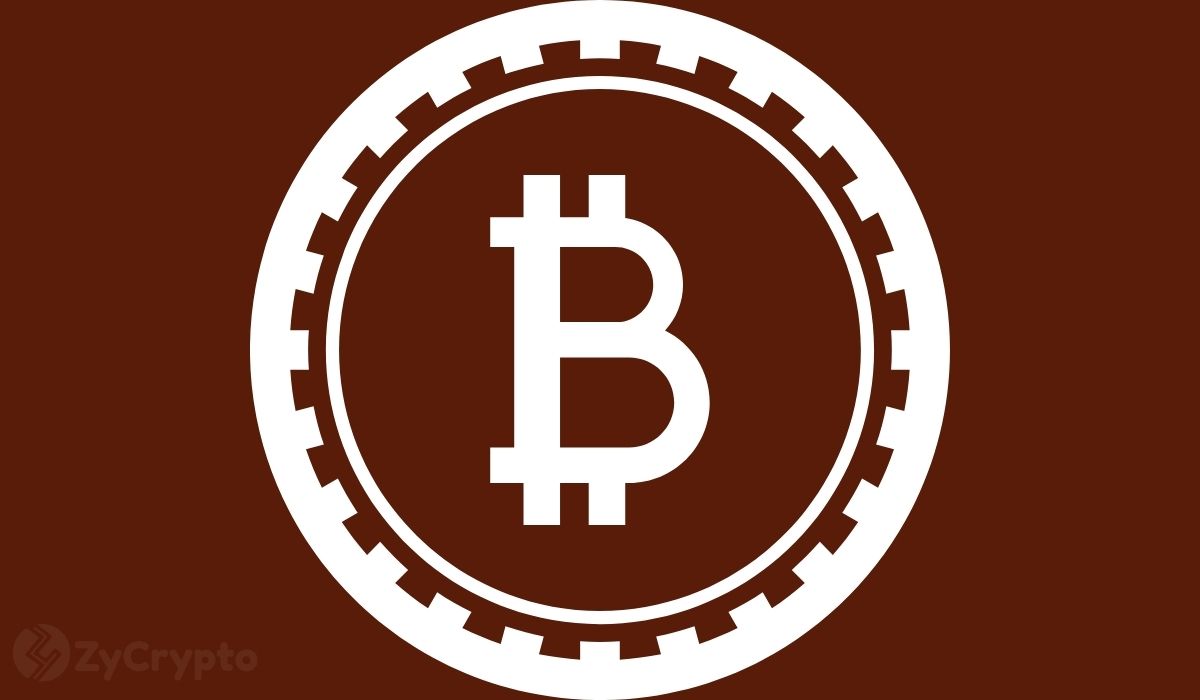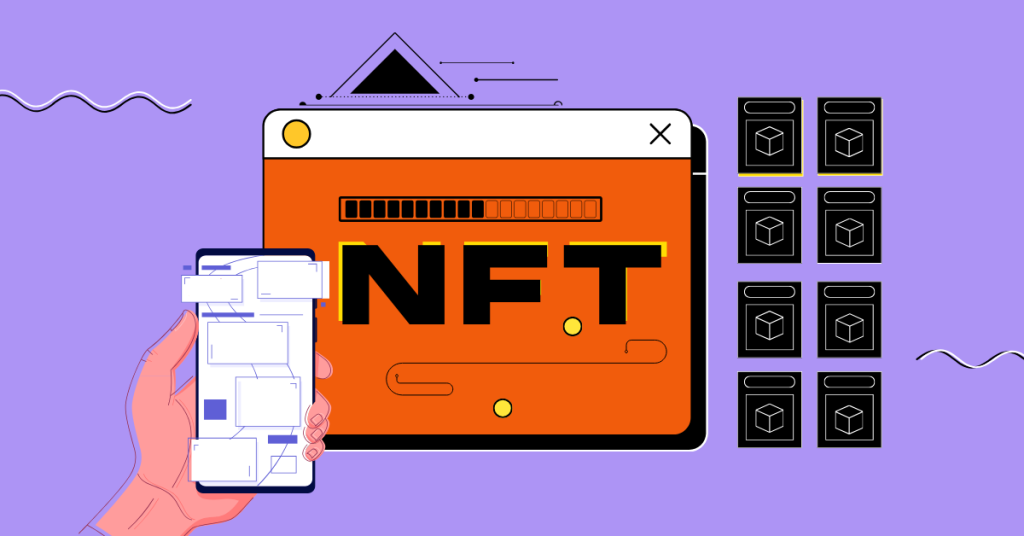ARTICLE AD BOX

Swiss National Bank (SNB) President Martin Schlegel has rejected holding Bitcoin reserves, citing market liquidity and volatility as reasons for doing so. Schlegel concedes that Bitcoin can have a high level of liquidity at times, but during crises, this liquidity can become less stable. Schlegel further states that Bitcoin is well known for its volatility, experiencing wild swings in market prices, which prevents the digital asset from being used to preserve long-term value. Schlegel concluded that Bitcoin is not an appropriate asset for the SNB’s reserve at this time.
The Bitcoin Initiative, a group advocating for an SNB reserve, argued that SNB investments grew by about 10% since 2015. Using a back-of-the-envelope analysis, if the SNB added 1% of Bitcoin to its reserve, it would have nearly doubled its returns. Moreover, the volatility of the SNB portfolio would have only increased slightly. The Bitcoin Initiative concluded that Bitcoin’s volatility should not be analyzed in isolation, but rather considered in conjunction with the other assets in the current portfolio. The Bitcoin Initiative further noted that Bitcoin was resilient to market stress, highly liquid even with large sums of capital, and remained available even on bank holidays.
Schlegel, however, disagreed with the Bitcoin Initiative and said a reserve needs a high level of liquidity to buy and sell foreign currencies at a rapid rate. He also reiterates that Bitcoin has very high volatility, making it difficult for the SNB to include it in its portfolio. Schlegel states that SNB needs to maintain control over the reliability of the bank’s reserves. The extremely high volatility of Bitcoin makes the currency a risky asset for the bank. SNB, therefore, maintains a conservative stance regarding cryptocurrencies, despite many advocates pushing for a Bitcoin reserve. There is a lot of interest in adopting a Bitcoin reserve in Switzerland. Yet, at this point, SNB’s Schlegel is not convinced about the suitability of Bitcoin for the Swiss bank.
The Bitcoin Initiative, meanwhile, believes that the SNB should urgently consider a Bitcoin reserve to offset the risks caused by Trump’s tariffs. They believe that the bank should consider diversifying its reserves and include a currency that has been referred to as digital gold. A referendum campaign has started to change the constitution and force the SNB to hold both Bitcoin and gold reserves. Schlegel, however, remains firm with his strategy, saying that liquidity and volatility are factors that discount Bitcoin. He claims that the bank should be able to buy and sell currencies at any time.
Schlegel has opposed the idea of a Bitcoin reserve in the past. Last month, he stated that the SNB has no plans to buy cryptocurrencies. He argued that foreign exchange reserves are strictly for implementing monetary policy. Schlegel mentioned that crypto proves difficult to preserve value over time due to its significant price fluctuations. He also pointed out that crypto was software and could be prone to security risks such as data breaches and software bugs. Time will tell whether the SNB will change its strategy or maintain a conservative approach focused on implementing monetary policy.
.png)
 6 hours ago
1
6 hours ago
1








 English (US)
English (US)